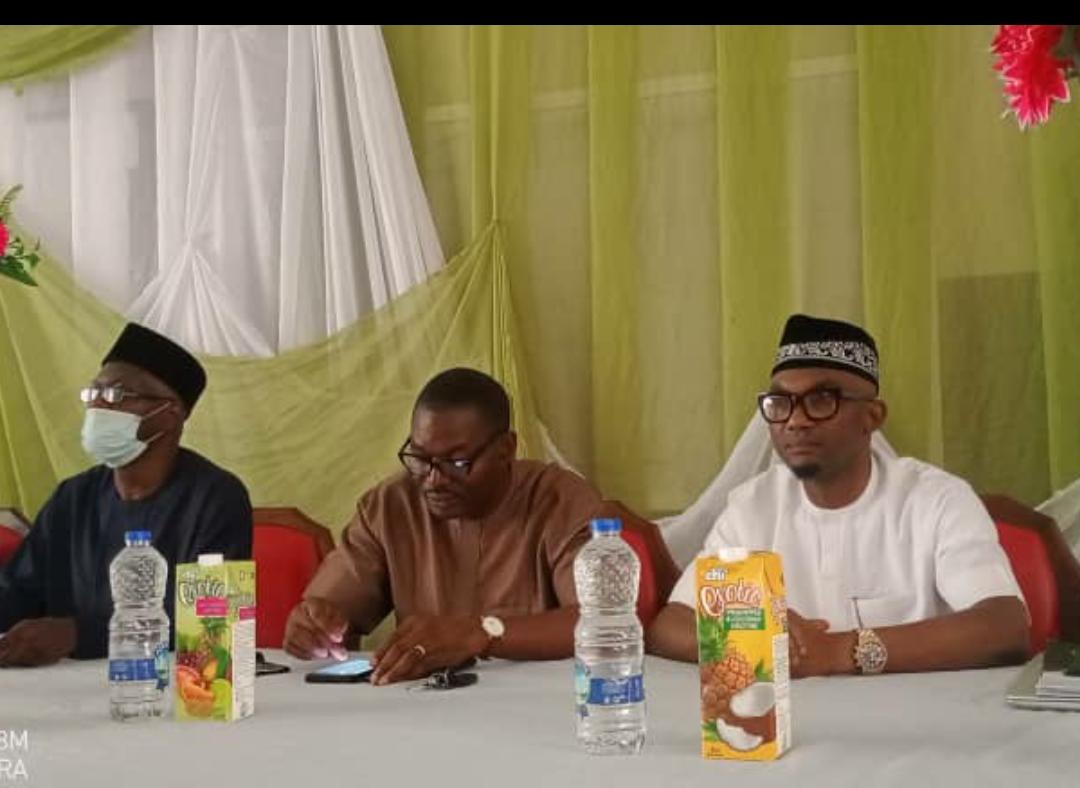The only way poverty and brain drain can be curbed in Nigeria is for the government to invest more technical in education, SME and private sector involvement in infrastructure financing – Taiwo Akerele, country Representative of Policy House International
The “Nigeria at 61” lecture held at the University of Ibadan on the 1st of October 2021 was an intellectually rich program that featured prominent scholars and policymakers who debated on the best means to move Nigeria forward in terms of economic development and citizen engagement in the processes of government. The lecture was well attended by students, civil society organizations, members of the diplomatic community and the media.
Professor Emmanuel Remi Aiyede, the current Head of the Department of Political Science, University of Ibadan, kickstarted the program. In his opening remarks, he identified dwindling interests in general political participation; the lack of political efficacy among young people and the distrust in the weak electoral system as the bane of Nigerian politics.
Ambassador Adedotun Adepoju explored diplomatic relations and a robust foreign policy as means through which Nigeria could jumpstart economic gains. He argued that placing Africa as the centrepiece of Nigeria’s foreign policy has yielded goodwill among nations and Nigeria must be strategically poised to reap its economic advantages.
Taiwo Akerele who is the Country Representative (Nigeria), Policy House International and the Chairman of the Abuja chapter of the Association of Nigerian Authors (ANA), presented a paper titled “Nigeria at 61: Reflections on Governance, Economy and The Challenges before the Next Generation”. In his paper, he challenged Nigerian youths and encouraged them to intensify their efforts as they try to contribute to Nigeria’s development. He believes the groundwork has been set with youth agitations and the recent “Not-Too-Young-To-Run bill that has been passed by the National Assembly.
On the part of the government, he believes that government must work to revive the educational and agricultural sector. Activities must be geared towards reviving the reading culture by increasing its investment in basic education. In the agricultural sector, the government must invest in mechanised farming and encourage youth participation in agriculture. He insists that a change in national spending to investment in human capital – especially in the technical education sector of the economy – is the only way to achieve economic development and a better society.
The panellists agreed that young people must be creative and watchful to seize government opportunities for capacity development when they arise.


Any gathering convened to brainstorm on Nigeria’s teething problems is always a welcome idea. So I salute the fellows who convened this “Nigeria @ 61” lecture but I do not necessarily agree with their conclusion.
It said a lot of practical things but in the end seemed to absorb the government and blame young people for the country’s current state.
If young people are apathetic or wary of opportunities dangled before them by government, this behavior did not emerge in a vacuum. It is the consequence of decades of oppression, abuse and self-deprecating indoctrination.
The real challenge here is not encouraging them to hover like hawks waiting for government interventions that are usually always politicized and never sustained, but… how to ‘re-indoctrinate’ them into the culture of making demands on government and compelling them to honour and sustain such demands.
VOX POPULI VOX DEI